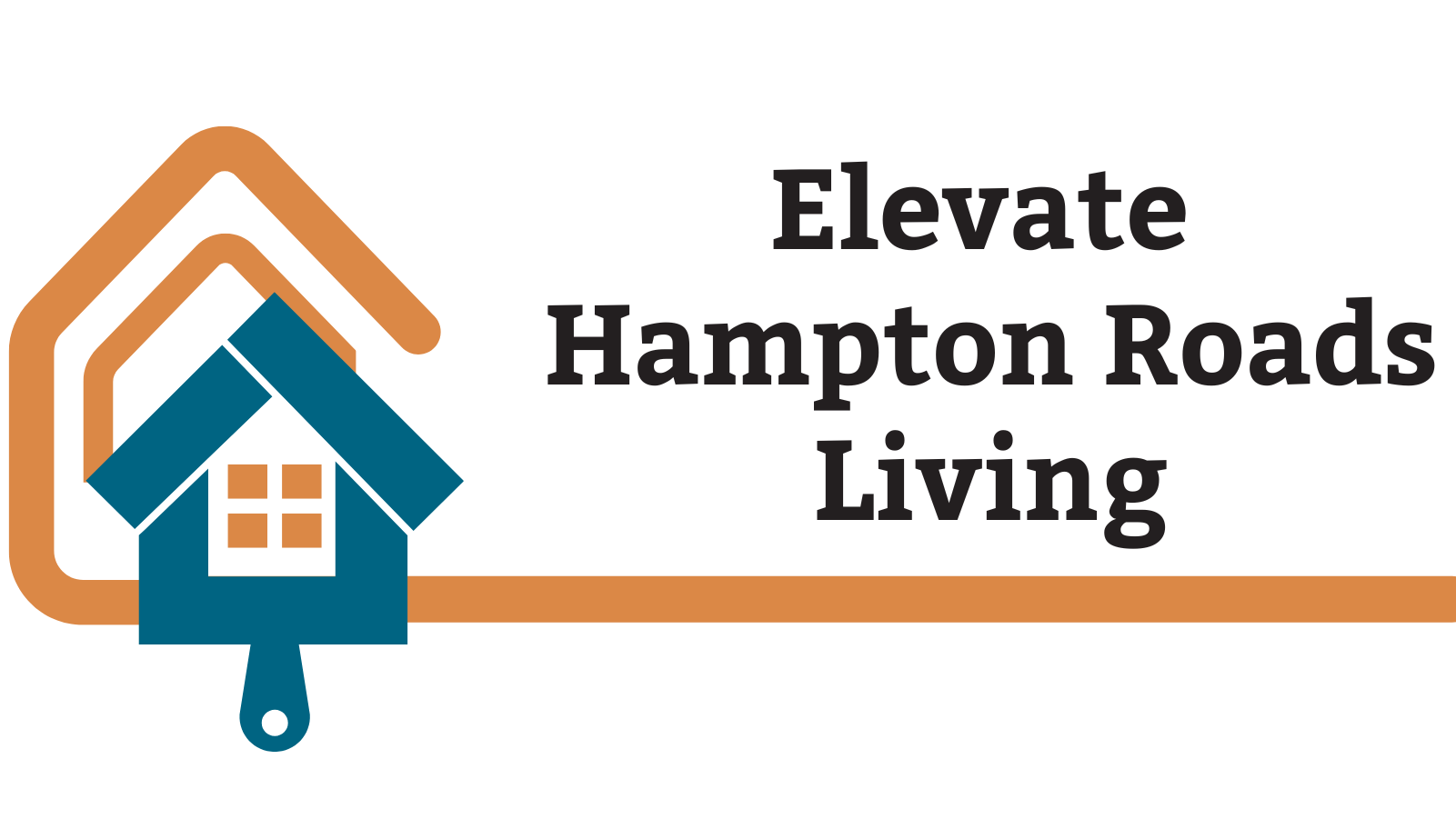
From Passionate Voice to Copyright Controversy
For nearly fifteen years, Caleb Denison has been a recognizable figure in the home audio and video landscape, effectively breathing life into Digital Trends’ A/V reviews. His plain-spoken, velvet-baritone delivery coupled with engaging visuals has drawn in audiences, particularly on the site’s well-followed YouTube channel. However, this friendly rapport turned tumultuous in April...
The Rise of CalebRated
In mid-April, Denison announced his departure from Digital Trends, aiming to seize control of his intellectual property and content direction. With the launch of CalebRated, a YouTube channel crafted to continue his journey in providing tech coverage, Caleb was off to a promising start. Garnering over 32,000 subscribers in a mere three days, it appeared he was moving on to bigger and brighter horizons.
A Sudden Takedown: What Happened?
Less than a week post-launch, the mood shifted dramatically. Digital Trends Media Group issued DMCA takedown notices on two of CalebRated's initial videos. This unexpected action prompted confusion among viewers and concern among industry insiders who had previously seen Denison off with well wishes.
The Legal Landscape: Understanding DMCA
The DMCA process is known for its stringency. When a takedown notice is issued, content is swiftly removed, leaving the creator with a limited time frame to file a counter-notice or face lengthy legal disputes. Digital Trends contends they have the legal high ground, pointing to an IP-assignment agreement Denison signed before his exit.
Denison's Response: Defending His Ground
In contrast, Denison asserts that the claims made against him are baseless and constructs a narrative of support with his GoFundMe campaign initiated to support legal costs. Engaging with his audience, he shared plans to deliver content during this tough time, reinforcing his commitment to maintaining a strong connection with his followers.
Echoes in the Industry: Impacts of Copyright Disputes
This conflict brings forth significant conversations about copyright ownership in the modern digital age, particularly among content creators. As production houses, companies, and independent creators navigate the complexities of authorship, incidents like this spark critical dialogue about creative rights, ownership, and the relationships fostered in collaborative environments.
As digital content continues to grow, professionals in the home audio and video space must stay aware of the potential for intellectual property conflicts. Understanding copyright laws not only safeguards creators but fosters a more equitable creative landscape.
This ongoing dispute showcases the delicate balance between corporate interests and personal creativity. As Caleb Denison fights to reclaim his narrative, the implications of this situation could influence how content creators approach contracts and relationships moving forward.
 Add Row
Add Row  Add
Add 



Write A Comment